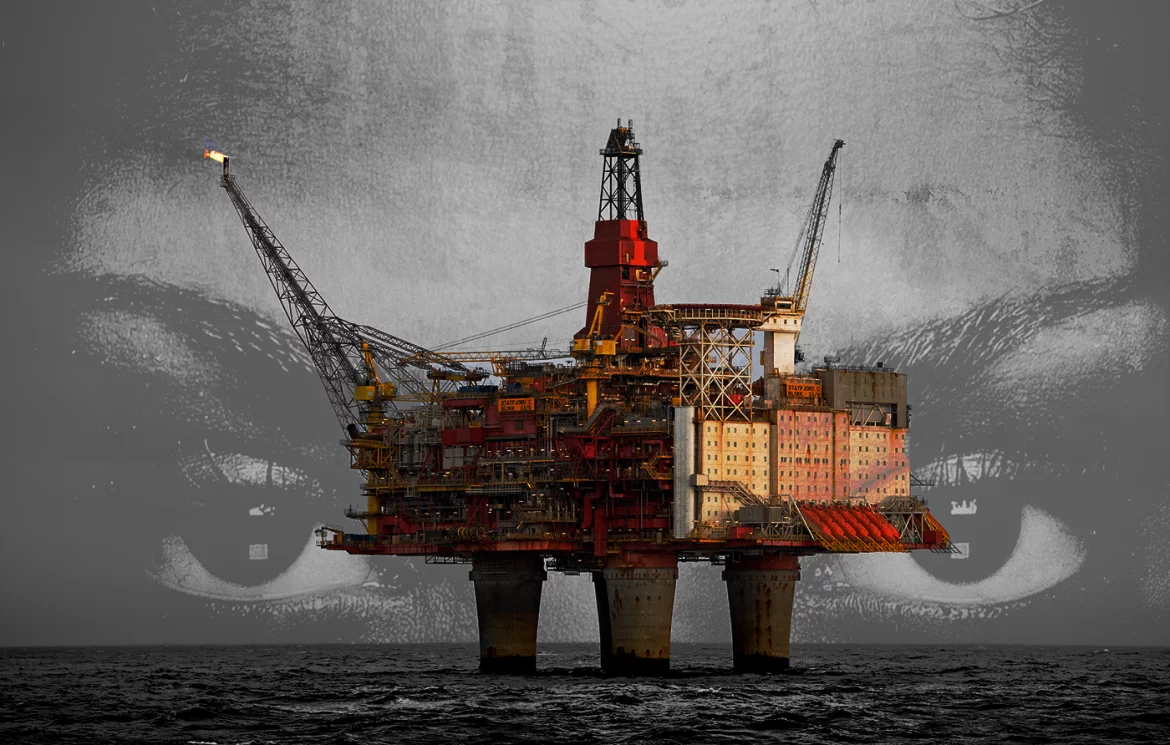The International Energy Agency (IEA) has warned that fossil fuel companies were still investing twice as much in oil and gas as they should if the world hopes to limit rising global temperatures to avert a climate catastrophe.
The world’s energy watchdog said that the sector still had “minimal” engagement with the global clean energy transition, and continued to contribute just 1% of clean energy investment globally.
Ahead of the Cop28 climate talks in Dubai, which will commence on 30 November, the agency called on the oil and gas industry to as a matter of urgency, show commitment to tackling pollution by balancing its investments in clean energy and fossil fuels.
The IEA executive director, Fatih Birol, said that the industry faces “a moment of truth” in which it must “make profound decisions” about its role.
“With the world suffering the impacts of a worsening climate crisis, continuing with business as usual is neither socially nor environmentally responsible,” he said.
Read also:Piketty calls for ban of private jets to address climate crisis
He explained that If governments deliver on their national energy and climate pledges then demand for fossil fuels would fall 45% below the current level by 2050, addining that If climate policies are accelerated to meet the goal of limiting global heating to within 1.5C of pre-industrialised levels, then fossil fuel use would decline by more than 75% by 2050.
Birol said that rising public outrage against the fossil fuel industry was likely to grow as the link between extreme weather events and carbon emissions became better understood.
“This is a very important development. The more we see these extreme weather events the harder it will be for the industry to justify a failure to act. Many claim that they want to be part of the fight against climate change but it’s time that they show this,” he said.
According to Birol, Oil and gas companies spend about 2.5% of their capital on clean energy technologies such as renewables and electric vehicle charging, compared with 97.5% on traditional business areas.
Story was adapted from the Guardian.
